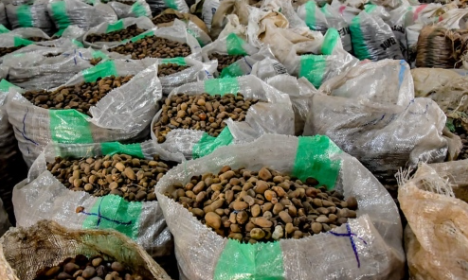President Bola Tinubu’s administration has executed a classic case of policy aspiration split from market reality with its sudden, mid-harvest ban on raw shea nut exports. While the intent (to capture a greater share of the estimated $6.5 billion global shea market and empower the millions of women at the start of the value chain) is laudable, the execution has been nothing short of a humanitarian and economic debacle.
In summary, this was not the “bold reform;” the Nigerian government hoped for; rather it was an economically, destabilising shockwave that achieved the precise opposite of its goal of which is: plunging hundreds of thousands of Nigerian women into penury.
The stories of women like Hajaratu Isah and Fatima Ndako from Niger state are stark evidence of a policy failure. Their daily income has been more than halved, making basic survival (feeding their children, paying school fees, and affording medication) a daily hardship and impossibility, especially when this disaster was foreseeable.

A backward integration policy, which is looking to mandate local processing, is fundamentally flawed if the local processing capacity is inadequate to absorb the glut of the raw material. The instantaneous collapse in the price of shea nuts proves that the supply far outstrips the domestic demand, giving the few large local processors, like the new factory in Kudu, an effective monopoly to dictate unacceptably low prices.
The government’s defence, championed by policy advisers, that this is merely a “six-month suspension” to force investment, rings hollow against the backdrop of empty stomachs. Ghana’s example of a phased ban alongside factory investment offers a clear contrast to Nigeria’s chaotic “shock-therapy” approach. The government failed to heed the basic market principle: stability precedes investment.
By failing to consult widely with smallholder co-operatives and market women (the true custodians of the shea value chain) the administration has damaged the livelihoods of the very people it claimed to be saving from “a vicious cycle of poverty.” The reality is, the government’s ill-conceived rush is now the most vicious, ill-prepared mandate yet.

















